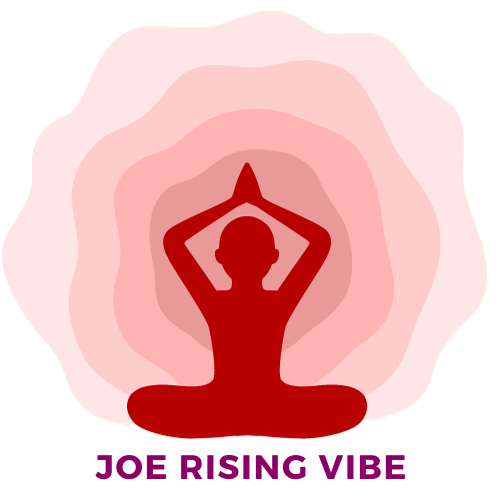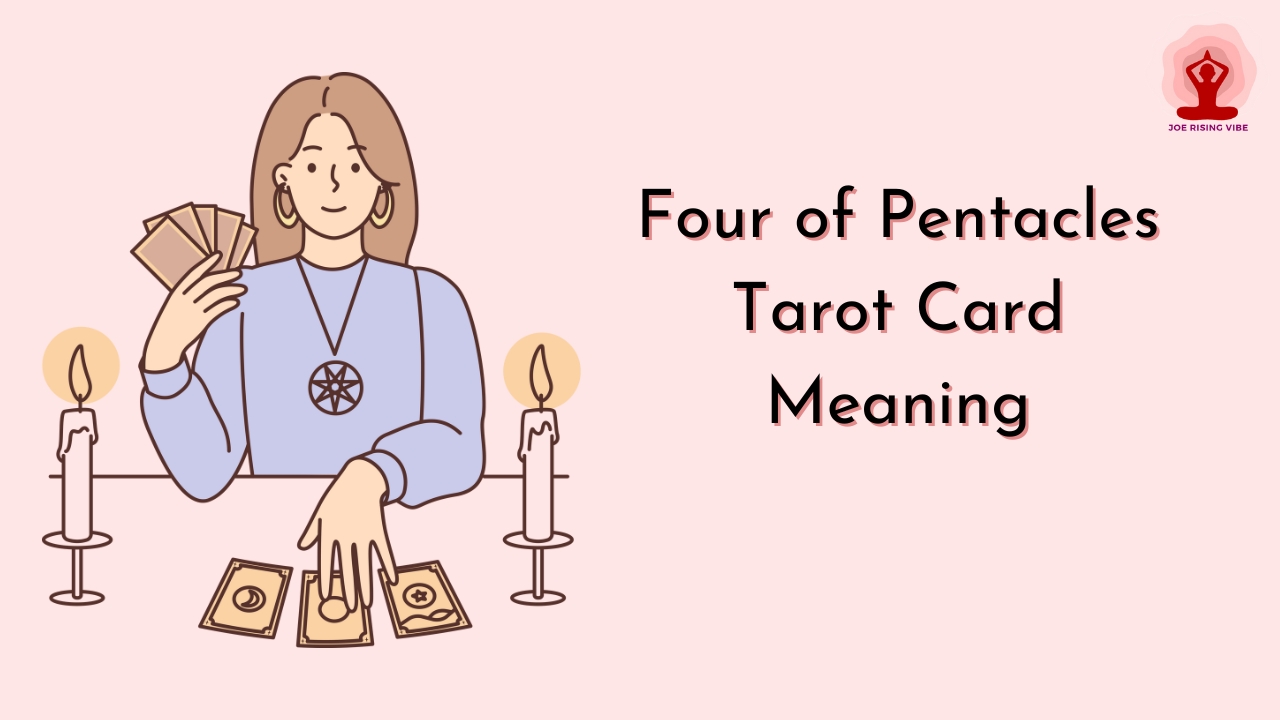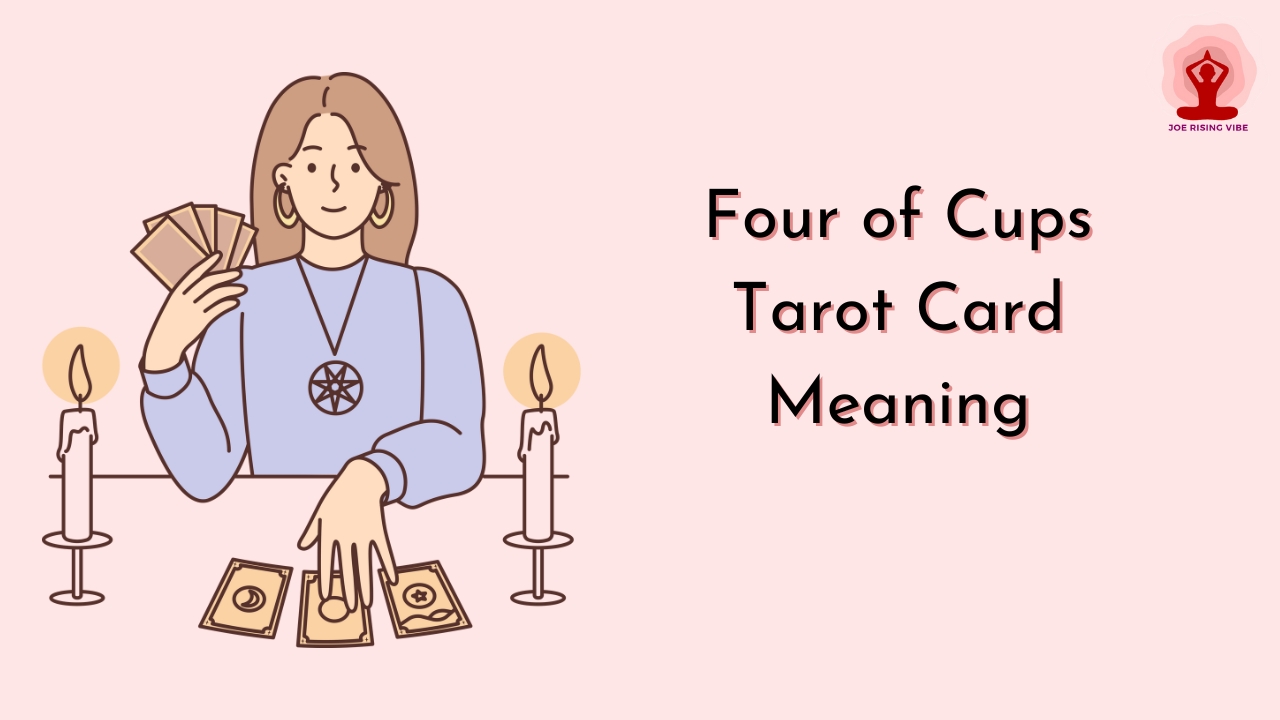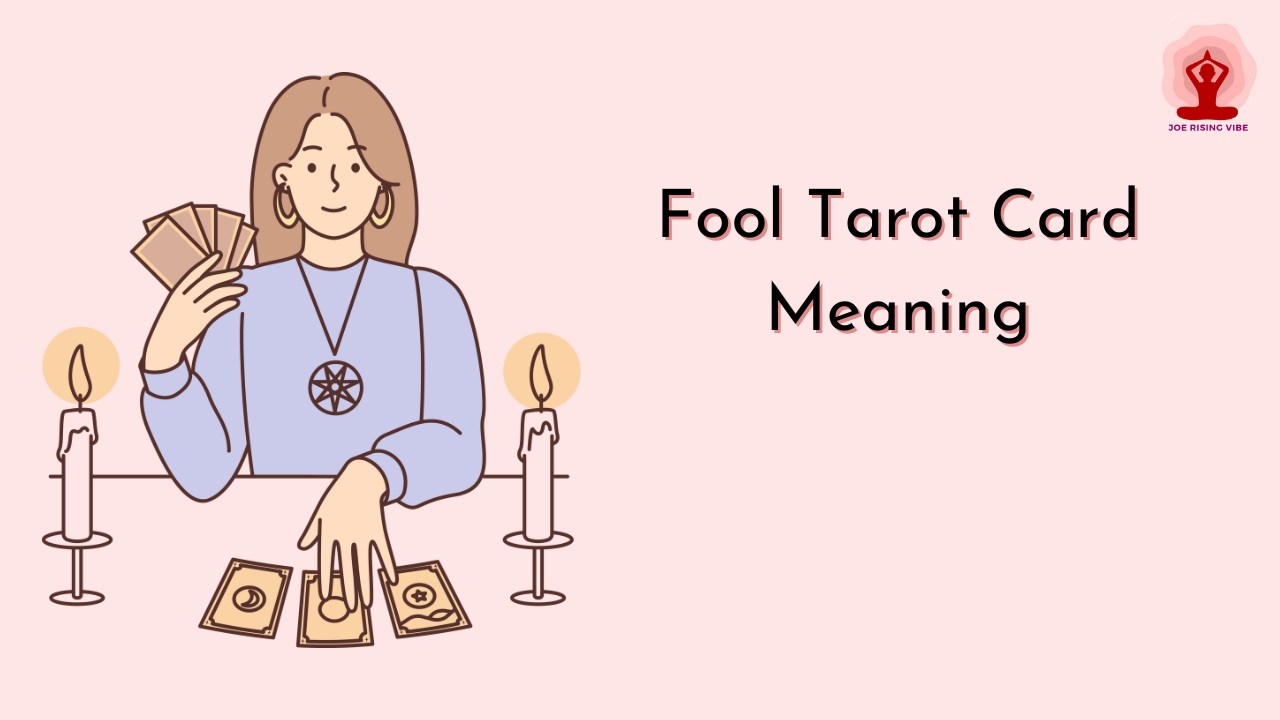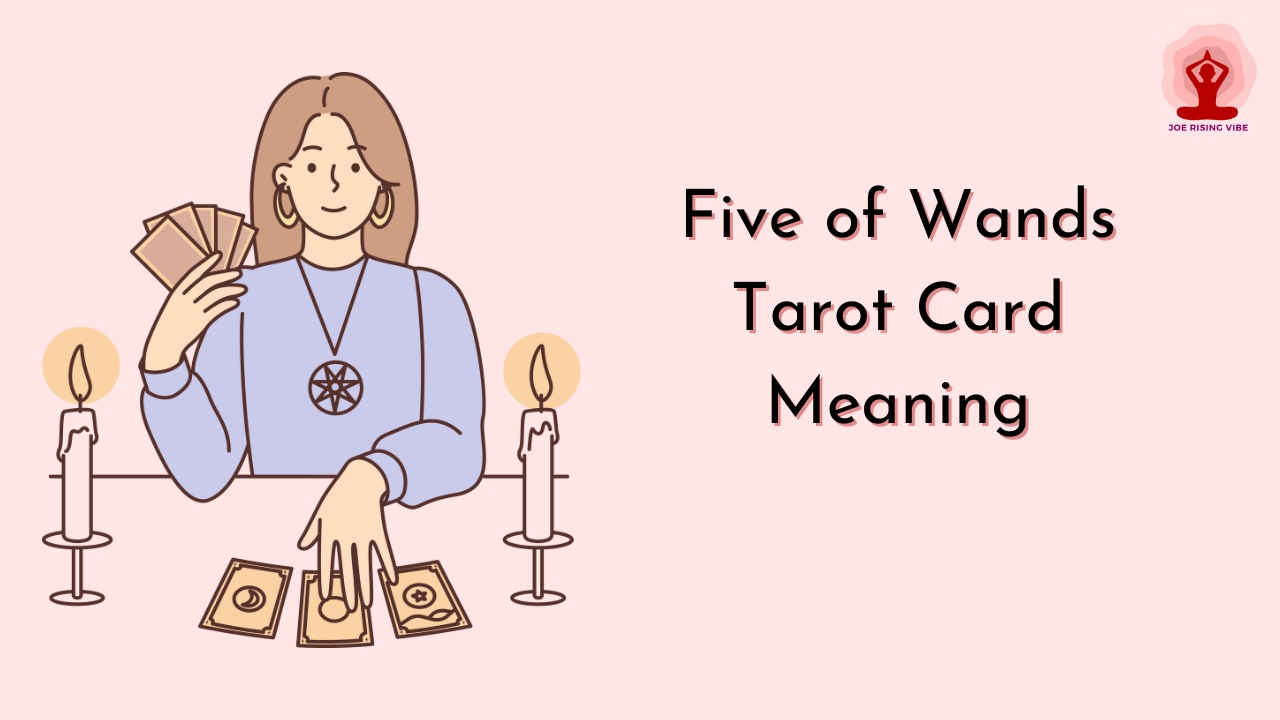Have you ever wondered where your soul truly resides? It’s a question that has puzzled humans for ages. In this blog, we’ll explore the deep connection between our souls and the roles of both heart and mind in shaping who we are.
Discover insights into your inner self that will enlighten your understanding. Keep reading to unlock the mystery of your soul!
Understanding the Differences Between Soul, Heart, and Mind
The biblical perspective on the trinity of man emphasizes the distinct roles of the soul, heart, and mind. Each component plays a vital role in shaping our thoughts, emotions, and spiritual connection.
The biblical perspective on the trinity of man: body, soul, and spirit
In the Bible, people are seen as made of three parts: body, soul, and spirit. Your body is like a house for your soul and spirit. The soul is where you think, make decisions, and feel emotions.
It’s your inner personality. Scriptures say it has three parts – mind, will, and emotions (Proverbs 2:10). Your mind lets you learn and understand things. Your will helps you make choices.
Your spirit connects with God on a deeper level than your body or soul can reach. It goes beyond intellect or emotions to something more powerful called spirituality or consciousness.
Christians believe this part becomes alive with God’s presence after someone chooses faith in Jesus Christ. All these parts work together to shape who you are inside out.
The distinct roles of the soul, heart, and mind
The soul integrates the mind, will, and emotions, forming the essence of our inner being. It encompasses our knowing, believing, and decision-making processes.
The heart holds our feelings and thinking in a deeply personal way. It is where emotions are processed and wisdom is developed.
The Power of the Soul
The soul is the summation of our thoughts, feelings, and desires, holding the power to drive our actions and shape our character. Aligning the soul with God’s will is crucial for spiritual growth and personal fulfillment.
The soul as the summation of our thoughts, feelings, and desires
Our thoughts, feelings, and desires intertwine to form the essence of our soul. It encompasses our knowing, believing, thinking, decision making, emotions, and intellect. The soul is the complex amalgamation of our mind’s rationality and our heart’s emotional depth.
Proverbs 2:10 provides spiritual evidence for these three parts of the soul: the mind, will, and emotion. Our love for God should engage all aspects of our being—intelligence, feelings, and willingness—reflecting the integration of our thoughts, feelings, and desires as a representation of our soul.
Integrating spirituality with intellectuality can nurture holistic growth in individuals by aligning their beliefs with philosophical insights while maintaining connectivity to their inner self through love and metaphysical understanding.
The importance of aligning the soul with God’s will
Aligning the soul with God’s will is crucial for spiritual growth. Our thoughts, emotions, and desires should be in harmony with God’s plan for us. Proverbs 3:5-6 encourages us to trust in the Lord with all our hearts and not to lean on our own understanding; acknowledging Him in all our ways ensures that He directs our paths effectively.
Cultivating a deep relationship with God requires aligning our innermost being – encompassing thoughts, feelings, and decisions – with His divine purpose. As we surrender ourselves to His will, we experience peace and fulfillment that transcends human understanding.
The Battle Between the Heart and the Mind
The deceitfulness of the heart and the rationality of the mind often create a conflict within us. Balancing emotions and logical thinking is essential for personal growth and spiritual well-being.
The deceitfulness of the heart
The heart can deceive us, clouding our judgment and leading us astray from what is right. Emotions, desires, and feelings often originate in the heart, influencing our decisions and actions.
Proverbs 28:26 warns that trusting in one’s own heart is foolish as it can lead to ruin. The heart’s deceitfulness requires discernment to navigate through life’s choices wisely.
Our emotions are a vital aspect of being human; however, allowing them to solely guide our decisions may lead to unfavorable outcomes. Turn instead towards aligning your heart with God’s truth and wisdom for clarity amidst the deceitfulness of emotions.
The rationality of the mind
The mind operates through reasoning and logic, making decisions based on analysis. It processes information and evaluates situations to reach conclusions. The mind’s rationality enables critical thinking, problem-solving, and decision-making, guiding actions with intelligence and clarity.
Proverbs 2:10 emphasizes the importance of wisdom entering the heart and knowledge being pleasant to the soul, highlighting the integration of rationality in aligning with spiritual principles.
Understanding this integration is pivotal for a balanced approach to personal growth as it cultivates a holistic development encompassing spiritual understanding, emotional well-being, and intellectual acumen.
Balancing emotions and logical thinking
Emotions and logical thinking should be balanced for sound decision-making. Acknowledge feelings without allowing them to override reason. Embrace emotions but also evaluate situations objectively.
Consider both the heart’s desires and the mind’s rationality when making choices.
Recognize that while emotions offer insight, logic provides practicality. Utilize emotional intelligence alongside critical reasoning for well-rounded judgment. Understand that decisions influenced by both emotions and logic often yield more comprehensive outcomes, enhancing personal growth and understanding of others’ perspectives.
The Integration of the Soul, Heart, and Mind
Cultivating a holistic approach to personal growth involves aligning the soul, heart, and mind in pursuit of spiritual wholeness. Nurturing a relationship with God through these three elements brings about a deeper understanding of self and faith.
Cultivating a holistic approach to personal growth
To cultivate a holistic approach to personal growth, it’s crucial to integrate the mind, heart, and soul. This involves nurturing spiritual, emotional, and intellectual well-being.
Connect with God through your soul’s desires and emotions, engage your intellect in understanding spiritual teachings, and allow your heart to be open to love both divine and human.
Embrace self-awareness by recognizing the intertwining of these elements within you – the mind for rational thinking, the heart for emotions, and the soul as the seat of personality – all essential components for balanced personal growth.
Integrating a holistic approach to personal development means aligning your thoughts with positive actions while acknowledging emotions in decision-making. Balancing logical reasoning with heartfelt compassion creates harmony within oneself and strengthens connections with others.
Nurturing a relationship with God through the soul, heart, and mind
To nurture a relationship with God through the soul, heart, and mind is to align our thoughts, feelings, and desires with His will. It involves shaping our inward selves to reflect His love and wisdom.
This integration of the soul, heart, and mind cultivates a holistic approach to personal growth as we seek to embody spiritual intelligence and emotional devotion in our connection with God.
Balancing rationality and emotion allows us to develop an authentic bond with the divine that encompasses both understanding and heartfelt commitment.
Conclusion
In conclusion, understanding the dynamic interplay between the soul, heart, and mind is essential for personal growth. Aligning our thoughts and emotions with God’s will empowers the soul.
Balancing rationality and emotions fosters holistic well-being. Cultivating a harmonious relationship between these aspects nurtures spirituality and inner peace.
FAQs
1. What do people mean when they ask if the soul is in your heart or mind?
When people ask this, they are wondering where your true self and feelings belong – in the emotions of the heart or the thoughts of the mind.
2. Does philosophy have an answer about where our soul is?
Philosophy offers many ideas but no clear answer; it explores different beliefs on whether the soul links more closely to our heart’s emotions or our mind’s thoughts.
3. Can we actually find our soul in our body?
Most philosophers agree that a soul isn’t something you can see or touch inside us like a heart or brain; it’s more about who we are deep inside.
4. Why does it matter if our soul is connected to our heart or mind?
Understanding whether we connect with our souls through feeling (heart) or thinking (mind) helps us know ourselves better and guides how we face life’s big questions.
